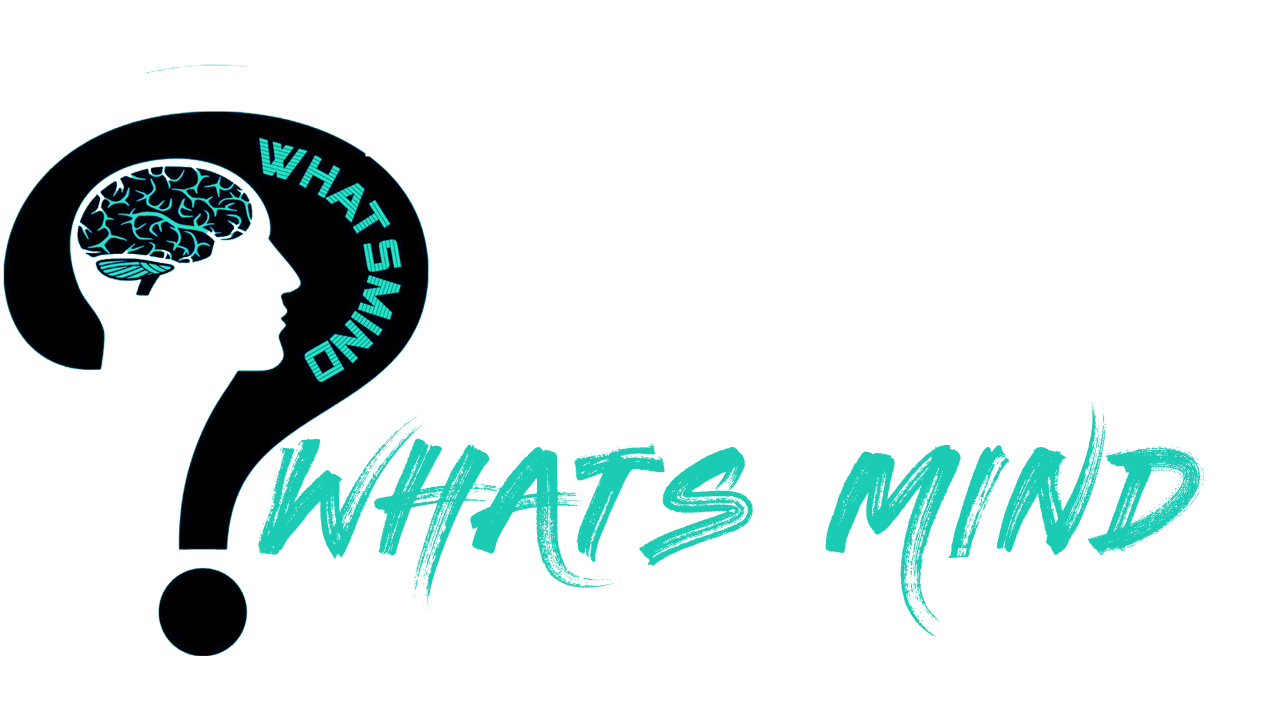Ways Nurses Can Contribute More to Healthcare

Nurses play a critical role in patient care and satisfaction. The first person patients come across in a hospital is a dedicated nurse taking care of them. They are the ones who make sure that the patients are comfortable and safe throughout their stay.
A recent study showed that patients who had a nurse as their primary caregiver had better health outcomes than those who didn’t. Today, there are around three million registered nurses in the United States.
With the increased demand for healthcare services, nurses are needed more than ever. Let’s look at how nurses can contribute to a better, safer, and more efficient healthcare system.
Table of Contents
Health Education:
Nursing isn’t only about dispensing medication and providing emotional support. Nurses are also willing to educate patients and their families about their condition and how to manage it.
Effective patient education begins from the moment the patient enters the hospital. It continues throughout their stay and even after they’re discharged. A nurse must identify any opportunity to teach the patient about the condition, provide after-care, and promote self-care.
Self-care education can range from injecting insulin to latching a baby. Patients must understand how to take care of themselves to prevent complications.
Nurses who complete their MSN FNP degree are well-equipped with the knowledge of effective communication. It helps them use their body language and empathy to deliver their message in the most conducive way possible.
Improved Quality Care Initiatives:

The best person to understand the needs of a patient is a nurse. They are with the patients more than any other healthcare professional and can identify areas that need improvement.
It could range from something as essential as improper bedding to more complex issues like a lack of staff on certain days.
Moreover, since nurses have hands-on experience and are with patients almost 24 hours a day, they can quickly identify when a patient is in distress. They play a crucial role in detecting early warning signs and can intervene before the situation deteriorates.
It is why nurses need to have a voice in quality care initiatives. Their insights and observations can help create a better healthcare system.
Use Evidence-Based Practices:
Another way nurses can contribute to healthcare is by using evidence-based practices. If you are a nurse, you must know the pressure of taking care of patients suffering from complex health issues.
The best way to look after them is to use evidence-based practices that will help you take care of them most satisfactorily and effectively. By using these practices, nurses can make sure that they are following the right guidelines for treatment and patient care.
You can read different medical research papers and literature relevant to the particular health issue and discuss the techniques with your supervisor. He or she can then guide you on how to implement the techniques to get optimal results.
Enhance Patient Safety Protocols:
A hospital sees hundreds of cases each day. From amputated legs to open-heart surgery, no two cases are alike. With such a diverse patient population, it’s vital to have enhanced safety protocols.
Patient safety protocols refer to specific actions and processes to prevent errors and harm. It could include double-checking a patient’s allergies, wearing gloves when handling blood, tightening the bed rails, or using a bedpan.
Nurses play an essential role in developing and implementing patient safety protocols. They are on the frontlines and can provide valuable insights into what works and doesn’t.
Efficient use of Healthcare Technology:
Technology is making massive waves in every sector, and healthcare is no different. From electronic health records to telehealth, technology changes how we provide and receive care.
Today, there are numerous healthcare technology tools available to nurses. Their responsibility is to learn how to use them and integrate them into their workflow.
They can improve the quality of care they provide and make the healthcare system more efficient.
Some of the most prevalent healthcare technology tools include electronic medical records, point-of-care devices, and patient portals.
Policymaking:
For years, nurses have stayed behind patient files and beds, catering to the needs of patients. But it’s time for them to take the lead and play a more significant role in decision-making.
Nurses must have a seat at the table when it comes to policy making. They are the ones who see the effects of these policies every day. Their insights and observations can help create better policies that can improve the quality of care.
The policies that generally require the input of nurses are those related to healthcare financing, patient safety, and nurse staffing.
Training New Nursing Staff:

With years of experience interacting with patients and co-workers, senior nurses pick up the essentials of people skills. They know how to deal with difficult patients, handle conflict, and maintain a positive attitude.
This makes them the perfect candidates for training new nursing staff. They can pass on their knowledge and help new nurses learn the ropes. It will improve the quality of care, but it will also foster a positive work environment.
The training could include anything from dealing with difficult patients to healthcare technology.
Individualized Patient Care:
The world is a challenging place, and each person has their own set of challenges. This is especially true for patients who are dealing with a chronic illness.
And when you think of it, the last thing they would want is to be referred to as a bed number. They are human beings who must be cared for with dignity and respect.
It is where nurses can make a difference. By getting to know their patients, they can provide them with the best possible care. They can learn about their preferences, interests, and needs, and, most importantly, they can build a friendly relationship with them.
Other ways to individualize patient care include creating a care plan that meets the patient’s specific needs and providing the emotional support they deserve.
How Can a Nurse Have a Greater Impact?
The level of education and experience a nurse has can impact how much they can contribute to the healthcare system. A nurse with an MSN degree, for instance, will have more opportunities to contribute than a nurse with a BSN degree.
Similarly, a nurse who has been working for 20 years will have more to offer than a nurse who has just started their career. They have seen the effects of various policies and initiatives and can provide valuable insights.
There are a few ways nurses can equip themselves to be more effective in healthcare:
Get a Higher Degree: A master’s or doctorate will allow a nurse to contribute more effectively.
Work at the Frontlines: By working at the frontlines, nurses can gain valuable insights into the workings of the healthcare system.
Attend Workshops: Workshops and conferences allow nurses to learn new skills and stay up-to-date with the latest developments in healthcare.
Be Proactive: Connections and networking are important for any career. But it is significant for nurses who want to have a greater impact on healthcare.
Why Does the Healthcare System Need More Contributions from Nurses?

The healthcare system is constantly evolving. New technologies, policies, and initiatives are being introduced all the time. And nurses are in a distinctive position to contribute to this change.
Improved patient care leads to better outcomes and, ultimately, more profits. Let’s not forget that healthcare is a business. And like any business, it needs to adapt to the ever-changing landscape to continue making profits constantly.
Conclusion:
Nurses are no doubt the right hand of doctors, and no hospital can work without them. Despite the difficulty of the task, the satisfaction they felt at the end is worth every effort. To make a positive impact, nurses must always be prepared.
In this article, we have shared the various ways by which nurses can create a positive impact. This includes educating the patients about their health, using evidence-based techniques, ensuring proper care and safety of the patients, using healthcare technology efficiently, taking part in policymaking, training the nursing staff, etc.
If you are a nurse or planning to start your nursing career, these ways can help you make a difference.
You would like to read about:
- Do Chia Seeds Go Bad: Origin, Spoilage Indications & Chia Seeds Recipes
- Factor Meals: Understand, Function, Cost, Benefits, Drawbacks
- Foods To Avoid While Taking Jardiance: Must-Have Foods, Lifestyle Considerations & Jardiance’s Impact
For more information, visit Whatsmind.com




